Trademarked plant names
jacqueinthegorge
10 years ago
Related Stories

GARDENING GUIDESWhat’s in a Name? See 6 Wildflowers That Aren’t ‘Weeds’ at All
Dispel the stereotypes of weeds and try these wildlife-supporting native wildflowers in your garden
Full Story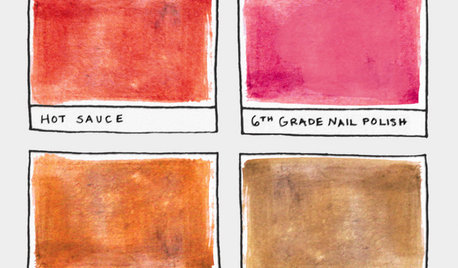
FUN HOUZZ16 Creative Paint Color Names We Haven't Seen — Yet
Someday, the namers of new paint colors will finally run out of ideas. We're here to help
Full Story
LIFEYou Said It: ‘Name Your Garden’ and More Ideas of the Week
Design advice, inspiration and observations that struck a chord this week
Full Story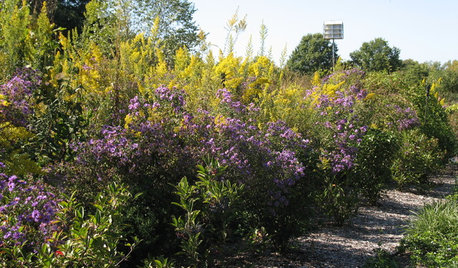
GARDENING GUIDESGreat Design Plant: Solidago Speciosa
Showy goldenrod lives up to its name in eastern U.S. gardens, with bold, upright yellow flowers appearing in early fall
Full Story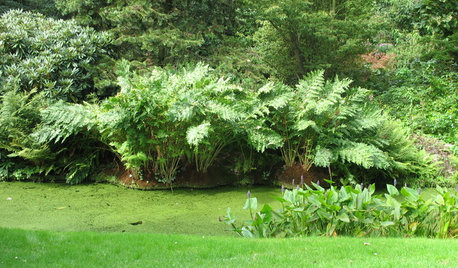
GARDENING GUIDESGreat Design Plant: Osmunda Regalis
Large, stately and regal, royal fern has earned its name and its unique place in history
Full Story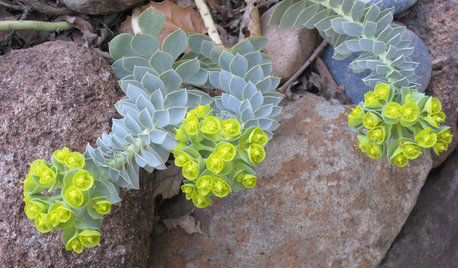
BLUE AND GRAY FOLIAGEGreat Design Plant: Donkey Spurge
Yes, there's the awful name, plus the sap issue. But this plant's foliage and flowers bring something special to Eastern U.S. gardens
Full Story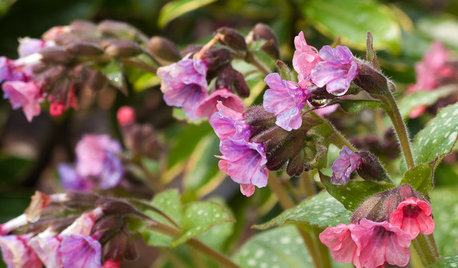
GARDENING FOR BUTTERFLIESGreat Design Plant: Lungwort
Yes, the name is unfortunate. But the flowers and foliage are delightful, and this perennial is easy to grow and shunned by deer
Full Story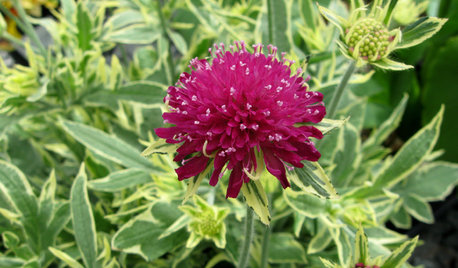
GARDENING FOR BUTTERFLIESGreat Design Plant: Thunder and Lightning for Midsummer Garden Color
Get over the mouthful of a name; focus on the dramatic foliage and gorgeous magenta flowers of Thunder and Lightning field scabious
Full Story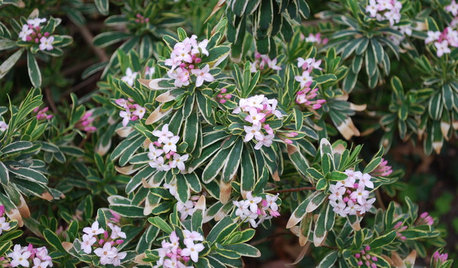
FLOWERSGreat Design Plant: Carol Mackie Daphne
With a sweet, strong fragrance and white flowers that fade to pink, this garden standout has feminine wiles to match its name
Full Story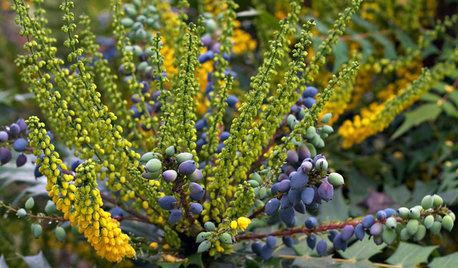
GARDENING FOR BUTTERFLIESGreat Design Plant: 'Charity' Oregon Grape
Giving nectar to hummingbirds and delicious berries to all, 'Charity' is a four-season garden delight that lives up to its name
Full Story





Tiffany, purpleinopp Z8b Opp, AL
Carol love_the_yard (Zone 9A Jacksonville, FL)
Related Professionals
La Marque Landscape Architects & Landscape Designers · Medford Landscape Contractors · Bethel Park Landscape Contractors · Broomfield Landscape Contractors · Framingham Landscape Contractors · Fridley Landscape Contractors · Fuquay-Varina Landscape Contractors · Harvey Landscape Contractors · Hoffman Estates Landscape Contractors · Mesa Landscape Contractors · Rochester Landscape Contractors · Westford Landscape Contractors · Yukon Landscape Contractors · Lauderdale Lakes Landscape Contractors · Quartz Hill Landscape Contractorsbrandon7 TN_zone7
jacqueinthegorgeOriginal Author
Carol love_the_yard (Zone 9A Jacksonville, FL)
brandon7 TN_zone7
jacqueinthegorgeOriginal Author
Carol love_the_yard (Zone 9A Jacksonville, FL)
jacqueinthegorgeOriginal Author
david52 Zone 6
jacqueinthegorgeOriginal Author